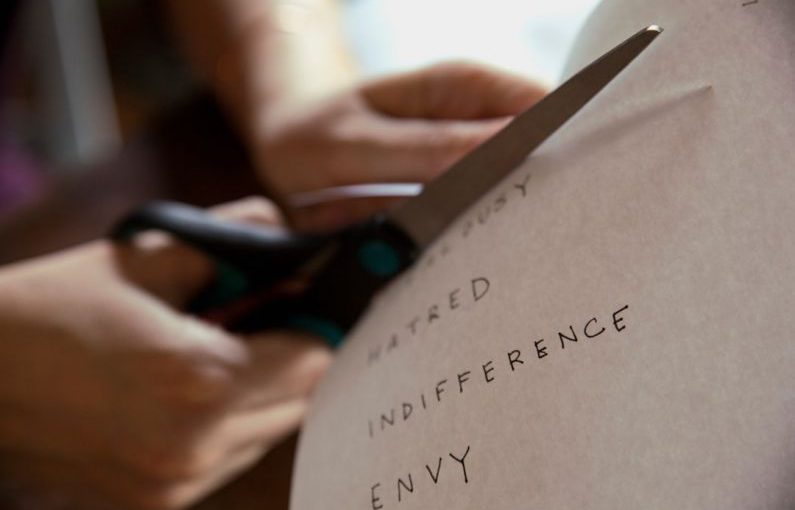In today’s fast-paced world, it’s easy to get caught up in the cycle of consumerism and overspending. Many of us find ourselves living paycheck to paycheck, struggling to make ends meet at the end of each month. However, by taking a closer look at our expenses and cutting out unnecessary costs, we can regain control of our finances and work towards a more secure financial future.
Identifying Unnecessary Expenses
One of the first steps in cutting unnecessary expenses is to identify where your money is going each month. Take a close look at your bank statements and track your spending for a few weeks to get a clear picture of where your money is being spent. You may be surprised to find that you are spending more than you realize on things like dining out, subscription services, or impulse purchases.
Creating a Budget
Once you have a better understanding of your spending habits, it’s time to create a budget. Start by listing all of your monthly expenses, including necessities like rent or mortgage, utilities, groceries, and transportation. Next, allocate a portion of your income towards savings and debt repayment. Finally, set limits for discretionary spending categories like entertainment and shopping. Having a clear budget in place will help you make more conscious spending decisions and avoid unnecessary expenses.
Cutting Out Unnecessary Subscriptions
Subscription services have become increasingly popular in recent years, with everything from streaming services to meal delivery kits requiring a monthly fee. While these services can be convenient, they can also add up quickly and eat into your budget. Take a close look at your subscriptions and consider cutting out the ones you don’t use regularly or can live without. You may be surprised at how much you can save by eliminating just a few unnecessary subscriptions.
Eating Out Less Often
Dining out is a common expense for many people, but it can also be a major drain on your finances. While it’s nice to treat yourself to a meal out occasionally, making it a regular habit can add up quickly. Consider cooking more meals at home and packing your lunch for work to save money on dining out. Not only will you save money, but you’ll also likely eat healthier in the process.
Avoiding Impulse Purchases
Impulse purchases are often made on a whim without much thought, leading to regret later on. To avoid falling into this trap, try implementing a waiting period before making any non-essential purchases. If you see something you want to buy, wait at least 24 hours before making the purchase. This will give you time to consider whether the item is something you truly need or just a passing desire.
Negotiating Bills and Expenses
Many people overlook the opportunity to negotiate their bills and expenses, assuming that the prices are set in stone. However, many service providers are willing to work with customers to lower their bills or offer discounts. Take the time to call your service providers and ask if there are any promotions or discounts available. You may be surprised at how much you can save just by asking.
Conclusion:
Cutting unnecessary expenses is a key step towards improving your financial situation and building a more secure future. By identifying where your money is going, creating a budget, and making conscious spending decisions, you can take control of your finances and work towards your financial goals. Remember, small changes can add up to big savings over time, so don’t underestimate the impact of cutting out unnecessary expenses on your financial well-being.





